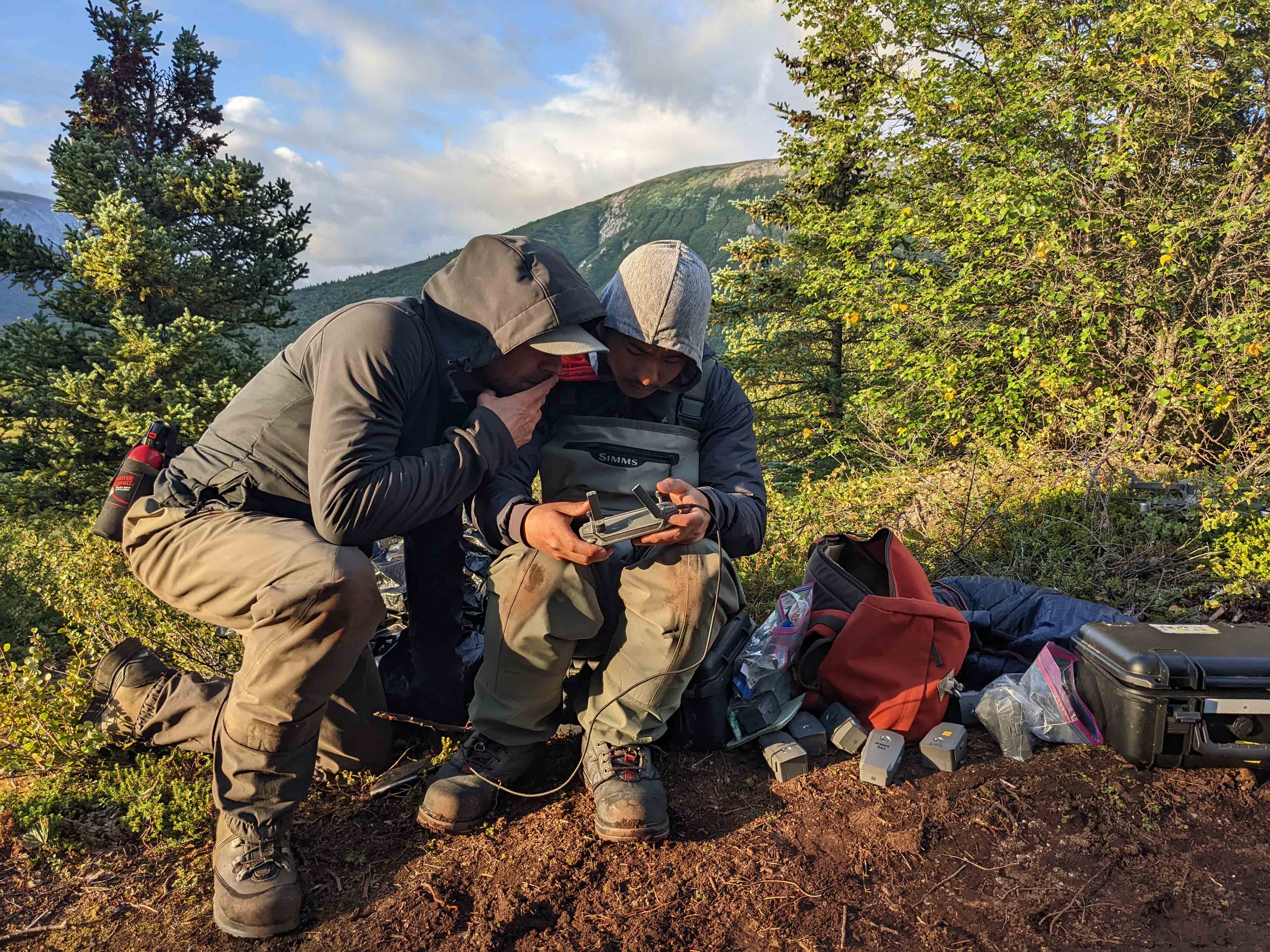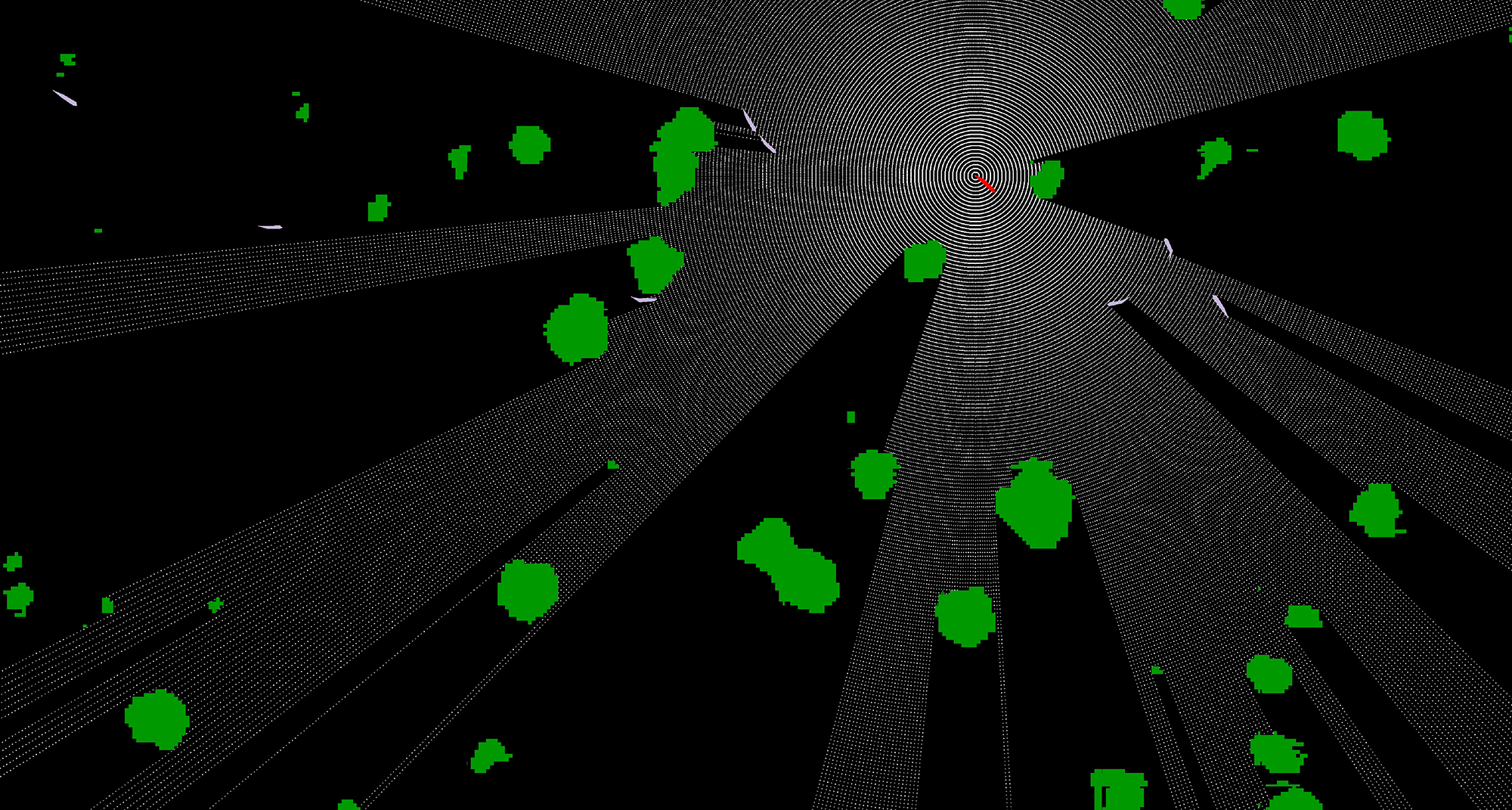The Koger Lab specializes in designing and using novel imaging and image processing techniques to study natural systems. The lab uses a combination of drone, satellite, and ground-based imagery paired with deep learning detection and tracking algorithms to investigate how animals’ behaviors are influenced by their social and physical environments. The labs current research program is focused on novel methods for monitoring landscapes in the American West and understanding collective navigation and predator-prey dynamics in Pacific salmon ecosystems around Bristol Bay, Alaska.


Reach out to Ben Koger at bkoger@uwyo.edu for general inquiries about joining the lab. Please see below for current active job listings.
Research Scientist In collaboration with the School of Computing the Koger Lab is hiring a research scientist to work on projects at the intersection of ecological monitoring and emerging applied computer vision methods. Initial problem areas include:
Designing and implementing a regional scale deep learning driven pronghorn monitoring tool using aerial imagery in collaboration with the Wyoming Game and Fish Department.

Ben Koger is an assistant professor in the School of Computing and the Department of Zoology and Physiology at the University of Wyoming. His work focuses on creating systems that allow for the efficient and automated study of ecological systems. Specifically, combining imaging and computer vision to study the relationship between individuals and their social and physical landscapes. His current research focus is building novel methods to monitor landscapes in the American West and pacific salmon migration and behavior in Alaska.

Current Projects Pacific salmon ecology This project is centered on Pacific salmon ecosystems in the Bristol Bay watershed of Alaska and is done in close collaboration with Dr. Andrew Berdahl at University of Washington and Dr. Albert Kao at UMass Boston. We use a combination of imaging drones and time-lapse cameras to record salmon during the final stages of their migration as well as when they are nesting and confronting hunting brown bears.

Spring 2024, 2025 ZOO5890-8: Foundations in Biological Programming Course description: Across biological disciplines software is becoming an ubiquitous part of data generation and analysis pipelines. Especially as projects and data become more complex, the ability to conceptualize and write code that is correct, efficient, and maintainable is vital. Luckily, good software development, whether using R, python, or any other programming language, relies on only a few basic principles. The goal of this class is teaching those basic principles.




